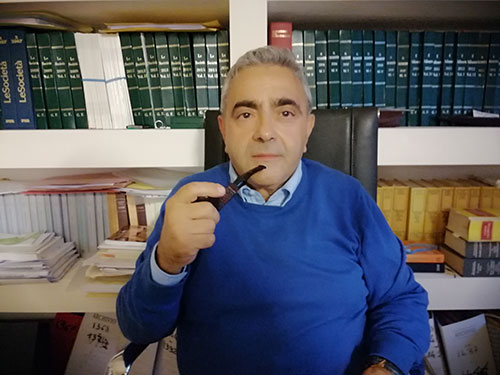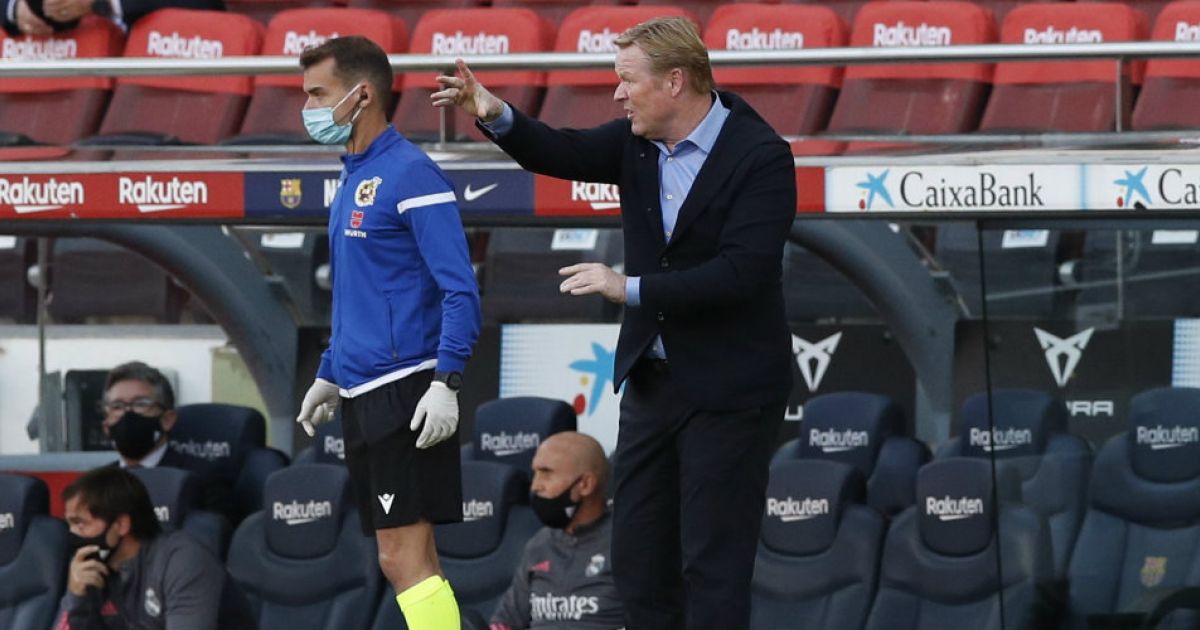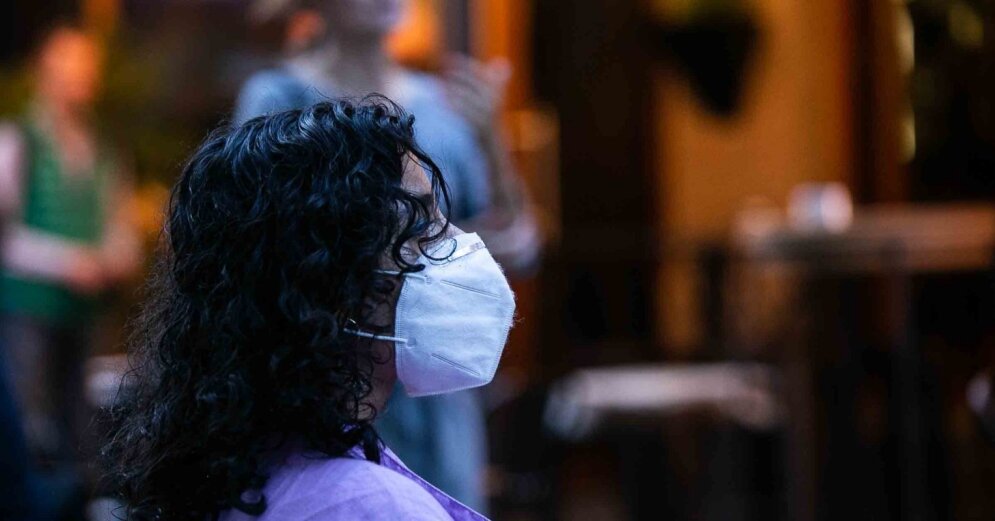The emergency of the pandemic should have required an in-depth reflection on the national health system and its reform; while time was consumed in sterile polemics, aimed at seeking consensus (a real disease of this “unwitting” political class).
Here I want to analyze, albeit in general terms, because the subject requires much greater insights, the problem of the evident failure of the so-called basic medicine. Mind you: this reflection does not intend to ignore the sacrifice, paid for with life, of many general practitioners or the self-denial of some or the indifference and inefficiency of many, but only to address the question as a whole.
As is known, Law no. 83/1978 with art. 14, in reforming the national health system (in my opinion, without much foresight and on the thrust of the usual rhetoric of “democratization of structures”), introduced a figure that should have been central: that of the general practitioner (otherwise called “family “).
These are professional figures with autonomy, who are not employees of healthcare companies, and who provide their activities following a specific agreement (so-called convention). These services and the related obligations of general practitioners are governed not only by regulatory sources, but also by a “National collective agreement for the discipline of relations with general practitioners”.
In summary, it can be said that the tasks of general practitioners consist of: a) protecting the health of their patients in the activities of diagnosis, therapy, rehabilitation, prevention at the level of the individual and of the family; b) guaranteeing essential and uniform levels of assistance by satisfying the healthcare needs of patients both in the clinic and at the patient’s home; c) in managing acute and chronic pathologies, and taking care of patients in the various areas of assistance.
We now come to the question: in such a critical and dramatic context as that caused by Covid19, have general practitioners carried out their task? Each of the readers will be able to give the answer that in their own life experience has been able to mature or draw the same from the situation of the emergency rooms and hospitals.
Basically, the answer is clear to everyone: if basic medicine had effectively and efficiently carried out its role, even coordinating with local health structures, we would not have known the consequences mentioned above.
It must be said that, in the face of this collapse, the Lazio Region has decided to invest general practitioners with more specific tasks, on the occasion of the pandemic wave, but immediately the usual Lazio TAR has taken steps to cancel the regional act (perhaps many GPs are certainly better at using stamped papers!)
The problem arises, then, of revising the legislation, assigning the primary source to the state competence and excluding the regional one, with the task of indicating with attention and specification the functions of general practitioners, often understood as mere subjects of pharmaceutical prescriptions. .
The new general rules should provide for: a) outlining a new general framework for basic medicine, linking the provision of services with the structures of healthcare companies; b) to indicate with greater precision and constraints the obligations of assistance, diagnosis and therapy, with checks on the effectiveness of performance and diagnostic results; c) to review the system of “sanctioning” powers and of the rules on the subject of termination of individual agreements.
In truth, I am very skeptical about the result both because what has been said requires an unassuming effort from this government structure and from its own subjective composition, and also because it is well known the link that has always existed between general practitioners (so-called maximalists) and politics, especially in some southern regions, and the local potentates would not want to do without these real vote magnets
Giuseppe Fauceglia
– .


